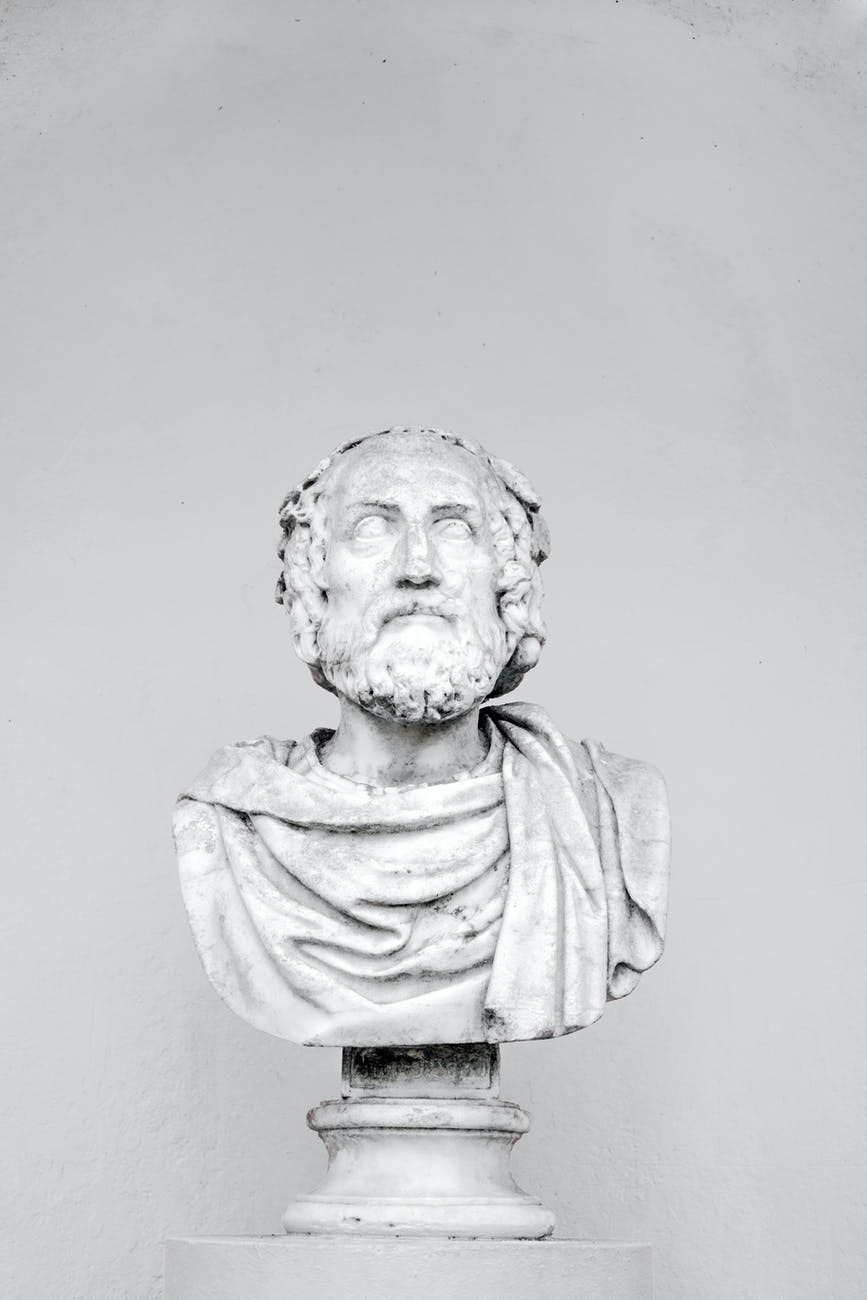In your profession or educational journey, in your social life, in your faith community, you exist within a network of relationships. While social media now makes it relatively easy to stay connected with high school and college classmates, colleagues from old jobs, and friends from years past who moved on economically or geographically, the responsibilities of life can disconnect us emotionally. Yet, we are all living our lives with an audience. Admirers, detractors, the indifferent – our life sends a message to all.
I am thinking about three kinds of relationships in our relationship network of life:
Present for one chapter: If you wrote a book containing illustrations from your life, these would be the folks who were characters in only one chapter. Maybe they were heroes who came into your life for just the right moment or villains who taught you a valuable lesson, but, either way, they came into your plot line, then rode away into the sunset. They know you as the person from that moment in time, not the person you became twenty years later.
Present for several chapters: These are the people who have grown alongside you for an extended season. Perhaps these are high school or college friends whose friendship lasted long after the diploma was granted. Perhaps these are people with whom you worked closely for a season in a job or as a volunteer in a church, then maintained a connection afterwards. They could be colleagues you see at professional conferences on a consistent basis or fellow alumni you meet at events. These relationships are valuable because you have seen each other develop over the years, staying connected through change.
Present for most of the book: These are the relatively rare people who have stayed in your life for most of your life. Take good care of these people and honor your shared history.
All relationships, short or long, are opportunities. “Dear friends, since God so loved us, we also ought to love one another. No one has ever seen God; but if we love one another, God lives in us and his love is made complete in us.” (1 John 4:11-12)
Be patient with people whenever you can. Be kind. Maybe you will be an inspiration to some, even as some will inspire you.
What lessons have you learned from your network of relationships?









